A structured product is a fixed-term investment, the return on which typically depends on an Index level, e.g. the FTSE-100 Index. The main attractions of investing in structured products are that the potential returns can be quantifiable albeit they are not guaranteed, and they provide useful diversification from other more traditional investments such as equities. Although capital invested can be tied up for a number of years, most plans offer the potential for early maturity, often on an investment anniversary, subject to the performance of the referenced index. However, these can be sophisticated investments, in which complex financial instruments are used to provide the returns.
We undertake extensive research into available structured products and maintain a panel of approved plans. We prefer offers that are linked to a single index, such as the FTSE-100, rather than being linked to multiple indices or individual stocks, which may offer higher returns but carry greater risk. We favour defensive plans which can pay out even if the FTSE-100 Index falls by some margin during the term. Some plans offer a “step-down”, where on each anniversary the required level of the index is lower than the year before, meaning that the plan can mature early even if the index has fallen.
However, with these investments there is usually a risk that capital may be lost if the underlying index falls significantly, typically by over 40% at maturity. Another potential risk is counterparty failure, where the party issuing the underpinning financial instrument becomes insolvent; in these circumstances investors may lose their full investment. Understanding the financial strength of counterparties is therefore essential and we will only recommend products where we are comfortable with the counterparties.
In times when the FTSE-100 Index has fallen, investing in structured products arguably becomes more attractive, as the likelihood of loss of capital perhaps reduces. In addition, the returns offered from these products are usually higher during periods of increased market volatility, which is why now may be a good time to invest. Returns from growth plans are usually subject to Capital Gains Tax, so investors can use their annual CGT allowance of £11,100.
In conclusion, with a wide range of products available, we believe it is essential to obtain financial advice when investing in structured products. Investing in a portfolio of carefully selected products, perhaps at different times to provide diversification between counterparties and maturity dates, can be an appropriate strategy to adopt alongside a broader investment portfolio. Returns can be attractive, but you need to understand the risks involved, and due to their complex nature, structured products are not suitable for all investors.
Risk Warnings
- You are not guaranteed to receive back the full amount invested.
- The value of your investment can fall as well as rise and is not guaranteed.
- Levels and bases of, and relief from, taxation are subject to change.
- The investments are intended to be held for the full term of 5 years unless specific features mean that they will pay out early.
- Past performance is no guarantee of future performance.

